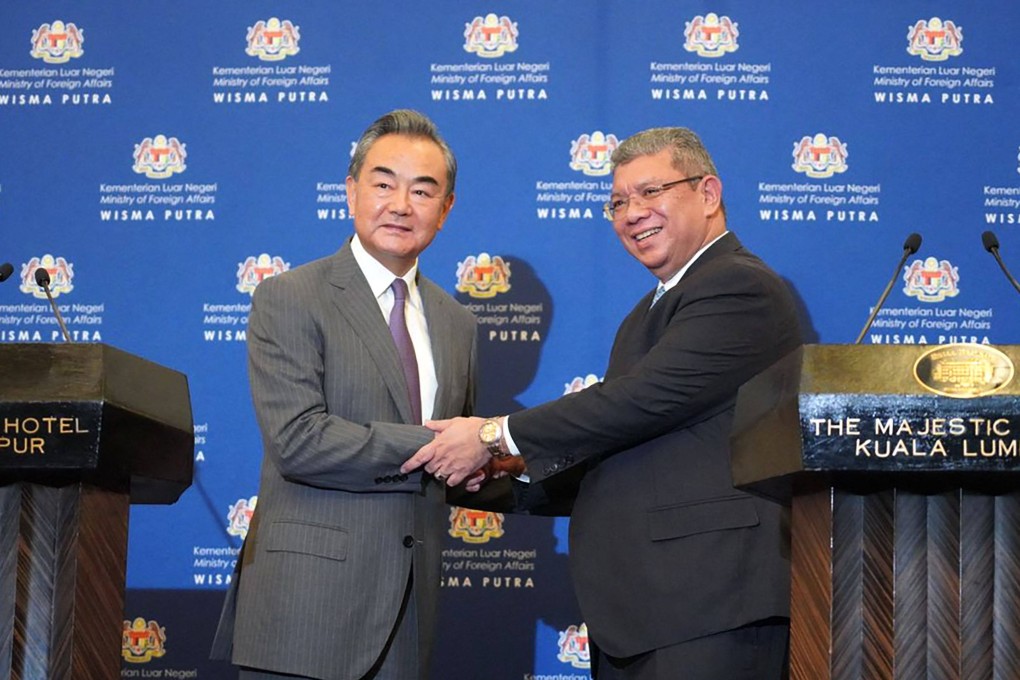Letters | Malaysia’s China pivot may make it richer – but also more vulnerable
- Trapped between a rock and a hard place, Kuala Lumpur needs China’s market, trade and resources to shore up its stagnating economy but also faces an increased security vulnerability as a result

Malaysia marked its 65th year of independence two weeks ago. As it signalled its intention to become a middle-power nation, recent developments have exposed its foreign policy vulnerabilities.
Malaysia’s progress has been a mixed bag – the envy of many while also looking like a spent force to some. Over the decades, its foreign policy orientation, from being pro-West to adopting non-alignment, has produced mixed results. But its latest pivot to China puts it on a path of vulnerability.
Kuala Lumpur is trapped between a rock and a hard place. It needs China’s critically vital market, trade and resources to shore up its stagnating economy and plug the systemic hole of abuses and corruption, but also faces an increased security vulnerability as an unintended trade-off.
Once wary of Beijing’s sway in local affairs, statesman Mahathir Mohamad now encourages a stronger pivot to China, accusing Washington and the West of provoking Beijing. His anti-West approach has been strategically capitalised by Beijing in amplifying China’s cultural and economic persuasion.
